Premium Only Content
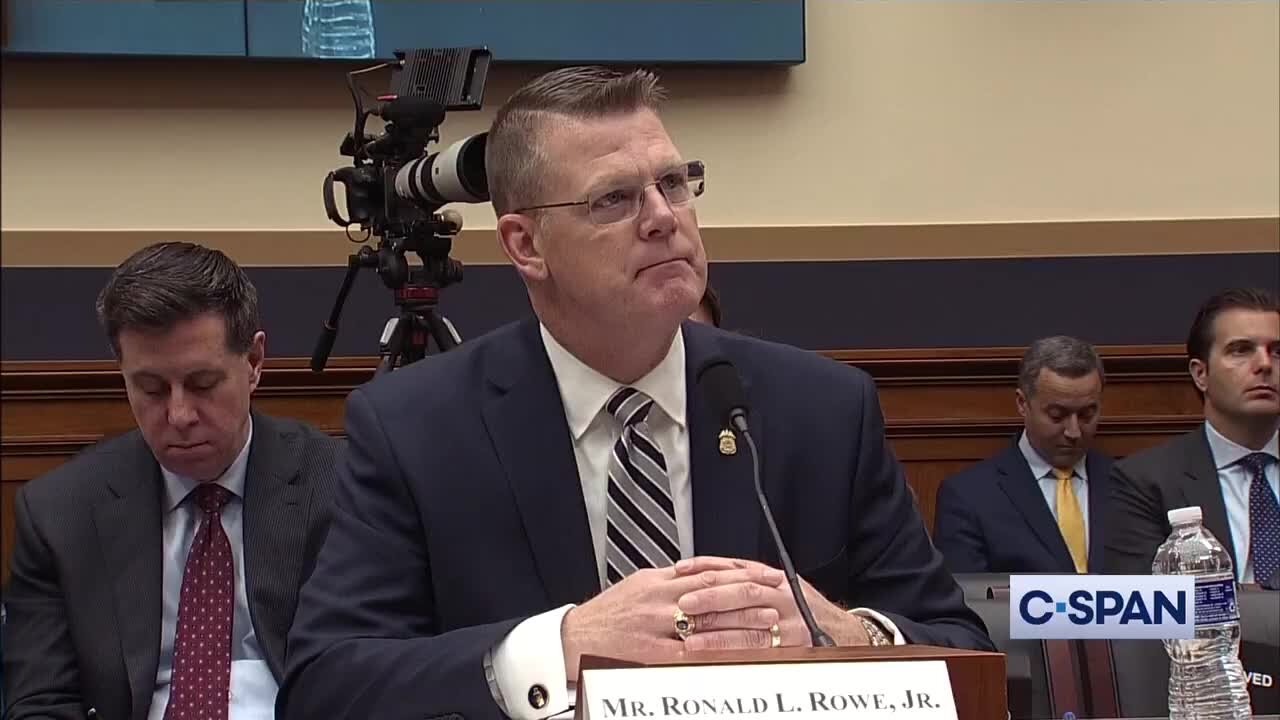
Rep. Green to U.S. Secret Service Acting Director: ‘Your Guys Showed Up That Day and Didn’t Give a Shit’
GREEN: “You know, it seems almost to me like it was lackadaisical. I mean, it’s hard to fathom that someone would say we don’t need to cover this. You know, in the communications issues with the local law enforcement, I asked the question when they came before the committee recently, when everybody showed up on the day, was there a check-in? And there were law enforcement agencies that had never even talked to Secret Service that day. I mean, these are really basic things. And you would think they would know to do those kinds of things. So it speaks of a apathy or complacency that is really unacceptable in an organization like the Secret Service. You know, one of my questions to you is, you know, the level of the failure, it seems unfathomable. The internal policies that weren’t adhered to, the failure to mitigate very obvious risks, it speaks to a culture that, you know, lack of attention to details, lack of sense of urgency, complacency. I mean, these are leadership, these are command climate issues. What is the command climate of the Secret Service? That’s the thing that concerns me the most. When I reported to the 160th Special Operations Aviation Regiment commander to be their doctor, right? At that point in my life, I was 38 years old. I had graduated from West Point Ranger School, commanded in the 82nd Airborne Division, an infantry company. I had a master’s in systems information. I had a medical degree, top of my med school class. And I wondered if I was good enough to be on that team. That’s what I’m talking about. Elite culture, where everybody comes to work every frigging day saying, I will do everything I can to make sure I don’t fail. And I’ll tell you, going to war, I didn’t give a s*it if I died. What I didn’t want to do was fail. But your guy showed up that day and didn’t give a s*it. There was apathy and complacency, period. And that’s your mission now. I appreciate all the systems and the technology that everybody else has asked about, but this is a leadership issue. This is a command climate issue, a culture issue. Can you make a few comments about what you’re doing to fix the command climate at the Secret Service?”
ROWE: “Yes, sir. So we are reorganizing and reimagining this organization. That includes making sure that we are developing a leadership development program so that we are touching people at the GS-13 level, which is right before, the equivalent of like a captain, touching them before they get promotion to 14. And we are going to do that. And I just met with the Naval Postgraduate School yesterday. I graduated from the executive leaders program at Monterey. I think it’s a worthy program. We need to hit people and identify leaders earlier on, besides just saying, well, they’ve been here for — for 18 years, let’s make them a GS-15.”
GREEN: “Good.”
ROWE: “That’s what we have to get to.”
GREEN: “Good.”
-
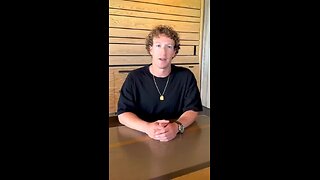 5:17
5:17
Grabien
6 hours agoMark Zuckerberg Announces Changes to Meta’s Censorship and Misinformation Policies
29 -
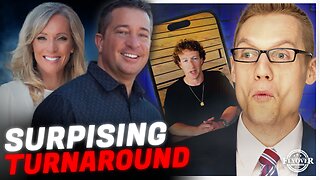 58:40
58:40
Flyover Conservatives
6 hours agoZuckerberg’s Shift: The Mar-a-Lago Effect or Strategic Realignment? - Clay Clark | FOC Show
13.6K -
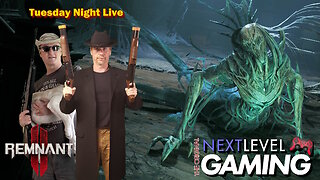 LIVE
LIVE
The Original Next Level Gaming
4 hours agoTuesday Night Live W/ Peter & Mike: The Return to Remnant II
390 watching -

Anthony Rogers
8 hours agoEpisode 351 - Is Cancel Culture Over?
8.66K2 -
 1:22:29
1:22:29
Danny Polishchuk
8 hours agoThe Ultimate Comedy Hang Call In Show - Live From One Of New York City's Best Comedy Clubs
9.58K -
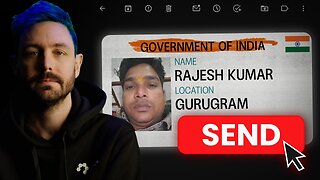 9:58
9:58
Scammer Payback
5 hours agoEditing a Scammer's File to Send his Real Identity
8.4K8 -
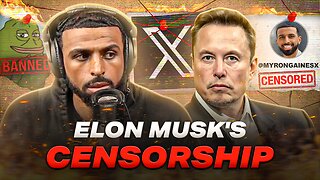 4:47:02
4:47:02
FreshandFit
6 hours agoElon Musk Censors Me, Alex Jones Stays Silent, & Tate Runs For PM!
95.3K24 -
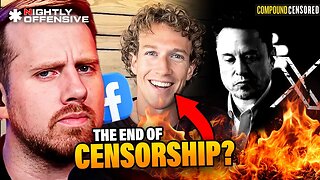 2:13:12
2:13:12
Slightly Offensive
5 hours ago $0.43 earnedZuck SUBMITS to Trump: Is Censorship OVER?! Or Just Beginning?
21.1K11 -
 20:11
20:11
BlaireWhite
6 hours agoI Got Kicked Out Of Pride For Asking Questions
35.1K48 -
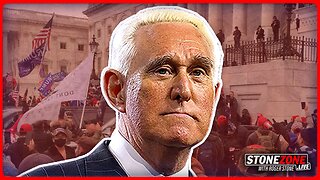 58:39
58:39
The StoneZONE with Roger Stone
5 hours agoDemocrats Recycle Lies About January 6 One Last Time | The StoneZONE w/ Roger Stone
20.6K1